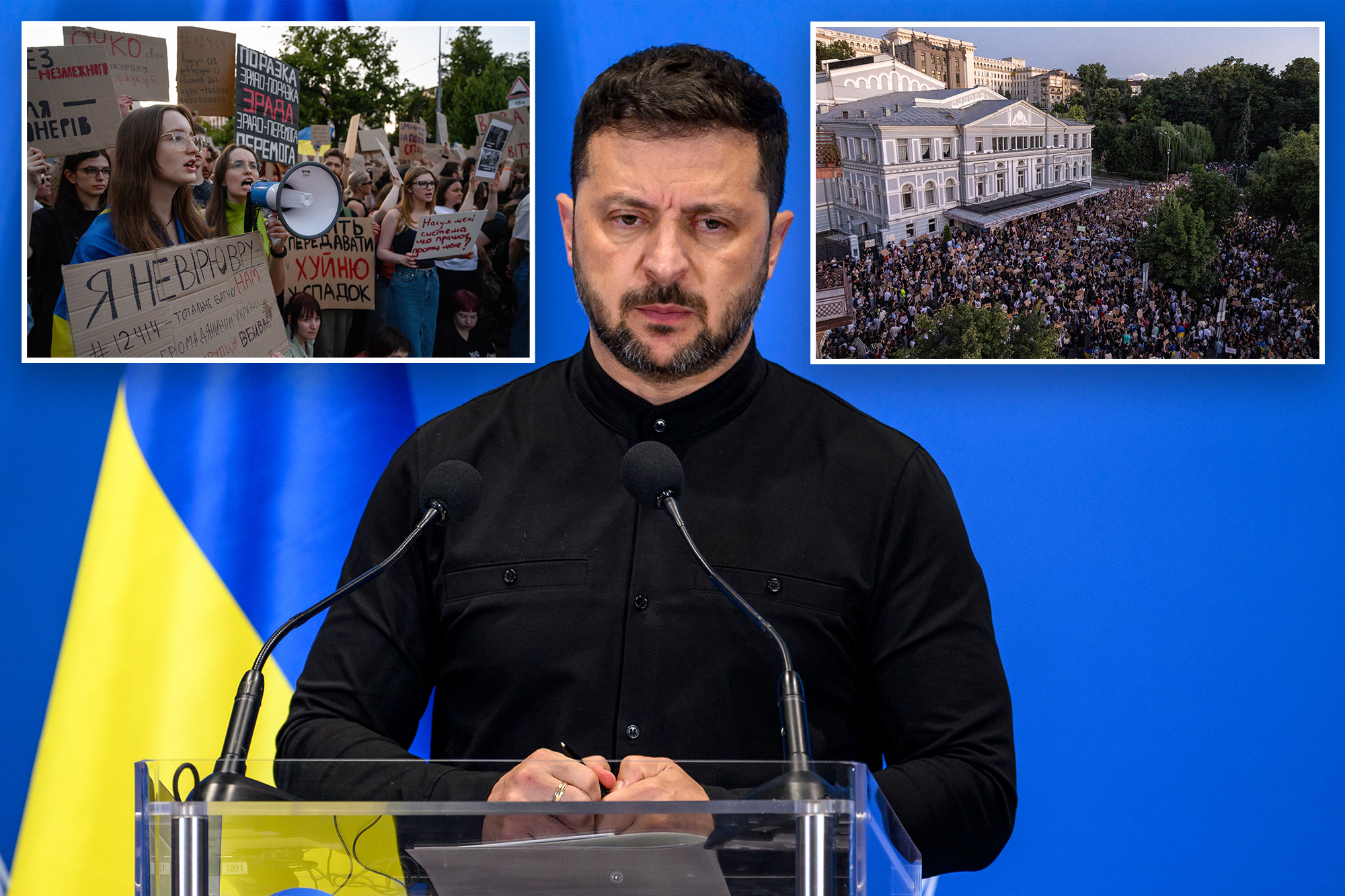The European Union has suspended $1.7 billion in aid to Ukraine following President Volodymyr Zelensky‘s approval of a controversial bill that limits the powers of the nation’s leading anti-corruption agencies. This decision signifies a significant setback in the EU’s financial support, which is aimed at encouraging Ukraine to adhere to good governance standards amid ongoing recovery efforts from the war.
The EU’s action involves withholding over a third of its funding intended to assist Ukraine in its path towards EU membership. The controversial legislation, signed by Zelensky last week, grants more authority to a politically appointed prosecutor general over the National Anti-Corruption Bureau (NABU) and the Specialized Anti-Corruption Prosecutor’s Office (SAPO). According to reports from the New York Times, this move has raised significant concerns among EU officials regarding Ukraine’s commitment to fighting corruption.
Zelensky, who previously pledged to continue anti-corruption reforms, faced considerable backlash from the public, leading to widespread protests—the first of their kind against his administration during the ongoing conflict. In response to the uproar, he implemented measures aimed at preserving the independence of the NABU and SAPO, but doubts persist about the long-term integrity of these institutions.
The EU created the Ukraine Facility fund last year, pledging nearly $60 million over three years to support Ukraine’s recovery and align it with European standards. However, European officials have criticized the rapid passage of the recent legislation, stating that Ukraine has not sufficiently met the EU’s required governance benchmarks.
Marta Kos, the EU’s commissioner for expansion, expressed serious concern over the political interference in the agencies tasked with prosecuting high-level corruption. The NABU and SAPO were established following Ukraine’s “Revolution of Dignity” in 2014, which aimed to eradicate corruption after the ousting of pro-Russian President Viktor Yanukovych. Zelensky’s administration has faced scrutiny as these agencies began investigating members of his inner circle, including former Deputy Prime Minister Oleksiy Chernyshov.
Initially, Zelensky justified the changes by asserting that they were necessary to eliminate “Russian influence” and to address long-standing issues of stalled cases within the agencies. Yet, public sentiment shifted dramatically, with thousands taking to the streets to demand the preservation of the agencies’ independence, arguing that persistent corruption undermines Ukraine’s defense capabilities against the ongoing Russian invasion.
In addition to the EU’s funding suspension, Ukraine faces deadlines regarding its cooperation with the International Monetary Fund (IMF). By March 15, 2024, Kyiv must appoint a head of its Economic Security Bureau to continue receiving a promised $15.6 billion in aid over four years, contingent upon progress in anti-corruption initiatives. Zelensky has so far declined to appoint Oleksandr Tsyvinskyi, a candidate endorsed by an independent commission who led investigations against Chernyshov.
As the situation unfolds, the path forward for Ukraine remains uncertain. With the EU’s aid on hold and the IMF’s requirements looming, the government’s focus on maintaining anti-corruption efforts will be crucial for securing international support and continuing its recovery from the ongoing conflict.
